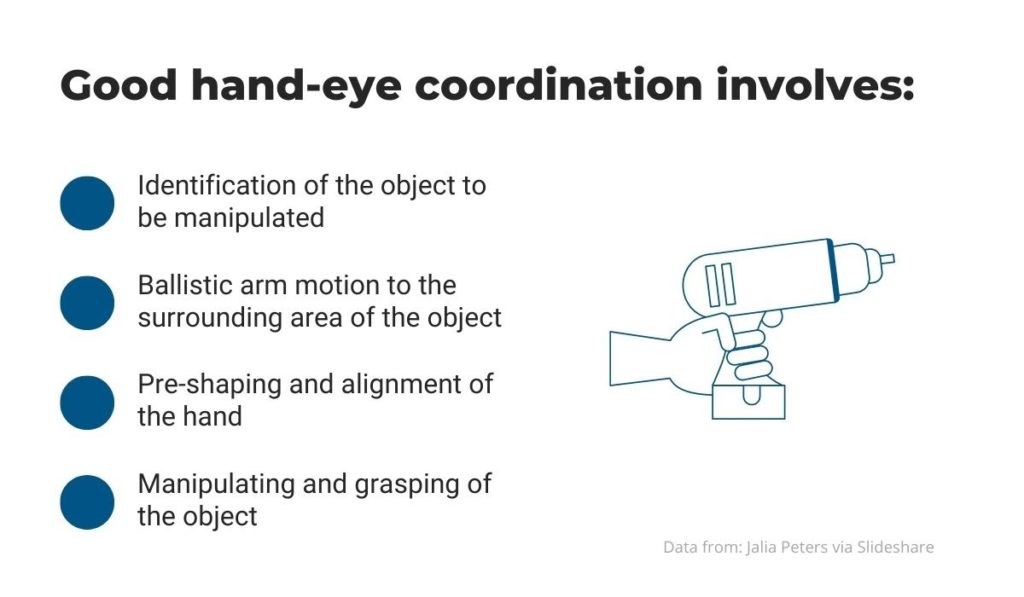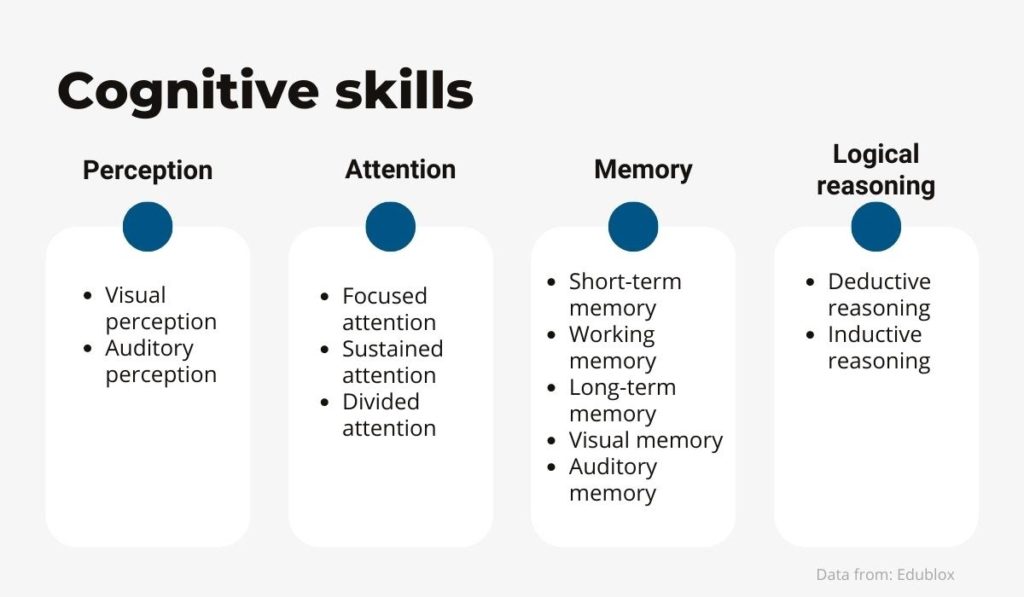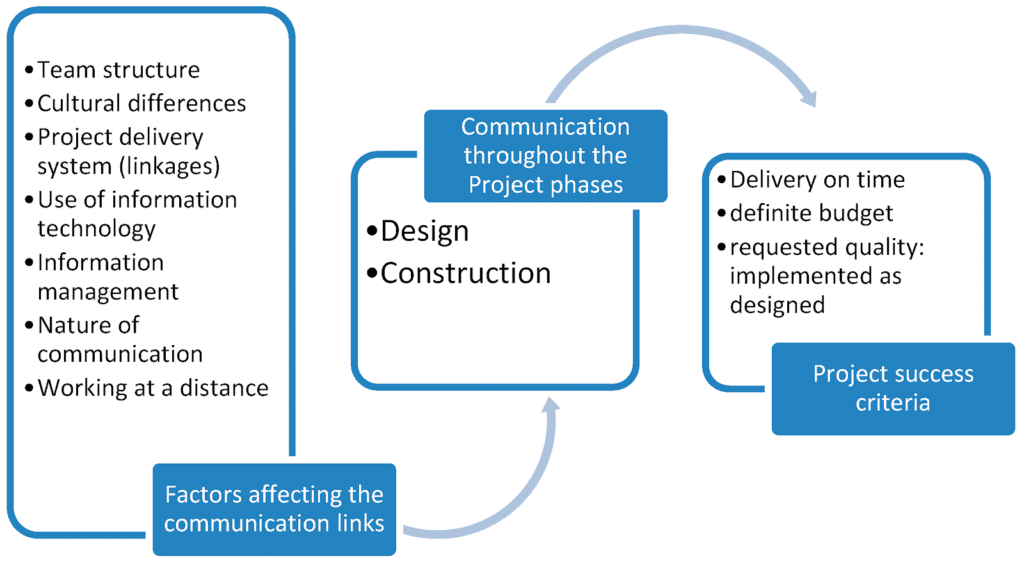Like many other industries, the construction industry is suffering a staffing shortage.
Therefore, in the stress of ensuring that projects are properly staffed, it’s tempting to hire just about anyone who applies, and neglect to focus on the skills of your workers.
However, there are certain skills and characteristics you have to prioritize if you want to increase efficiency, maintain customer satisfaction, and ensure high task quality.
Here are some skills that are important for industry workers to have.
In this article...
Physical Endurance
Construction work is difficult. It takes place in harsh elements, requires specific knowledge or experience, and exposes workers to constant danger.
For instance, nearly half of construction industry jobs demand constant lifting and sustained strength.
Manual labor can help maintain fitness and quickly build muscle. Some tasks, like constant lifting or installing drywall, can burn up to 500 calories an hour.
In comparison to many in-office jobs, working as a member of a construction team is in itself a workout.
That’s why it’s important for workers to maintain physical endurance.
A lack of strength when performing construction tasks can endanger not only an individual employee, but the entire team.
Maintaining sharp focus and physical strength is a major aspect of fostering a safe and healthy job site.
One way to do so is to encourage employees to exercise outside of work. This can help to build muscles other than the ones they use on the job, as well as increase flexibility.
In addition, a focus on maintaining physical endurance is possible through progressive overload.

Progressive overload is the practice of adding marginally more weight to any aspect of resistance training.
It results in better coordination and increased strength in connective tissue. Muscle and bone mass increase as well.
Frequent variation, less rest between reps and workouts, and challenging oneself all contribute to greater endurance.
As the above chart indicates, with this type of exercise, the overall fitness level quickly improves.
That’s easily translatable to job-related tasks. Exercises suited for building up strength for construction-related tasks can also increase alertness and improve mental health.
Endurance can develop naturally, over many long days in a trying work environment.
However, purposely cultivating it through, for instance, high-intensity interval training, and intentional healthy eating can result in higher employee satisfaction and health, leading to a more alert worksite.
Good Hand-Eye Coordination
What is good hand-eye coordination?
The graphic below provides a start to our understanding of the topic.

In Western culture, the discussion of hand-eye coordination skills typically only receives attention in the context of child development, or in adults struggling to regain it in a rehabilitation situation.
Professional athletes aside, it’s often taken for granted in healthy adults.
However, hand-eye coordination is a skill that can improve with practice and physical activity.
Although construction workers rely on that skill constantly when they hammer nails, drill holes, measure material, and work with tile, certain activities away from the job site can assist in developing it.
These include:
- Swimming
- Juggling
- Tai Chi
- Writing in longhand instead of typing or texting
- Working with Lego brings or sets
In addition to needing to stand for long periods of time, lift heavy objects, and follow instructions well, hand-eye coordination is a tremendously important skill for construction workers.
Strong dexterity and good depth perception will not only help workers excel on the job, but also contribute to project efficiency.
Workers who are clumsy on the job have the opposite effect and may even become a liability.
That’s why it’s a good idea to check with a worker who trips, falls, or even wavers at heights to see if he or she is experiencing medical problems.
Trade-Specific Technical Knowledge
To be effective in the field, workers have to possess a substantial amount of technical and practical knowledge.
Here’s a quick look at the differences between them:

Both technical and practical knowledge are vital in construction. They encompass all basic skills required to perform tasks on the job.
Carpentry, masonry, woodworking, and other aspects of the construction industry combine learned knowledge with practical knowledge, and it’s important to develop them.
It is also always to the worker’s benefit if he possesses skills and knowledge that others may not, thus making themselves indispensable to the company.
While construction workers are usually able to perform several different tasks, specialization often leads to better pay and fast advancement.
Following are some examples of specialized skills:
- Working knowledge of algebra, geometry, and schematics
- Ability to interpret blueprints
- Strong customer service connection
- Precise memory
- Estimate development
- Price negotiation
- Strong communication skills
- Ability to work well with technology, including virtual reality, information modeling, drone piloting, and app use
- Familiarity with construction management software
- Sales leading
- Skill in problem-solving and making confident, informed decisions
- Effective organization skills
Some of these items are more technical than others. However, they are all the marks of an employee who has undergone specific training or built abilities over time.
Enrolling in trade school, a vocational program, or a paid apprenticeship provides an organized path to building specialized knowledge.
Others might benefit from obtaining an associate or bachelor’s degree in engineering, construction, or applied science.
Understanding the tools and equipment also provides a competitive advantage in bidding for jobs.
To sum up, current labor shortages are providing new opportunities to build time on a job site or perhaps obtain low-cost training.
Specialization can provide not just higher wages, but job stability, increased benefits, and system variety.
Cognitive Skills
Cognitive skills refer to the way your brain processes information, remembers data, and maintains the ability to learn.
What does this have to do with the construction industry?
This graphic provides a part of the answer.

As you can see, perception, both visual and auditory, is vital in maintaining safety and efficiency.
And, of course, focused attention is essential when it comes to operating heavy machinery, reading schematics or blueprints, and forming estimates.
All are involved in detailed and responsible decision-making.
Finally, cognitive skills are most often expressed on the worksite as performing complex math or spatial computations. This ties into memory and the ability to apply experience to new situations.
Logical reasoning after extended use in a worksite situation becomes second nature—but only when an employee pays close attention with a commitment to learning.
Communication Skills
Communication skills are usually only noticed when they’re not present.
Inefficient communication results in mistakes, employee confusion, team disagreements, misunderstandings with clients, and even accidents.
The Project Management Institute (PMI) estimates that poor communication is the reason why construction ventures fail one-third of the time.
At the same time, projects dedicated to strong communication were mostly completed within the planned budget, while meeting the goals they’ve set.
This graph depicts the importance of strong communication skills in the construction industry:

Good communication starts with a thoughtfully structured team, well-managed data, and a dedication to working through cultural differences.
When teams pay attention to these potential roadblocks, communication through the various phases of the project becomes far easier.
Taking the time to untangle possible problems at the top of the project, however, contributes to delivering on time, under budget, and with high quality.
Hiring managers often evaluate communication skills during the recruitment process. They usually seek candidates who understand that speaking to a longtime employee is different from approaching a member of the supply chain or a potential client.
As early careers talent specialist Emma Simpson told TargetJobs:
“If I have two candidates with equal skills and work experience, I will always put through the candidate with the best-written application first.”
This doesn’t mean it’s necessary to become a top-notch writer or professional public speaker.
Instead, it simply means that paying attention to small matters such as punctuation in a resume or grammar in an email can make a difference in perception and effective communication.
Interest in New Technologies
The Coronavirus pandemic rapidly changed the way nearly every industry operates, communicates, and adapts. In particular, tech adoption has accelerated rapidly since 2020.
Even if you don’t have a particular interest in new construction technology, it’s important for career advancement and effective performance to at least understand basic tech functions.
Some of these trends include:
- Dedicated construction software
- Information modeling
- Artificial Intelligence
- Virtual reality
- Tech wearables, particularly in PPP (personal protective equipment)
- Drones
- Robots
- Automated construction
- Prefab and modular operations
Workers who are more comfortable with these forms of technology can more easily keep pace with a younger workforce. They can also make for safer, more efficient worksites.
The graphic below provides some more information about trends in construction technology:

These advancements can impact other skills that are important to a construction project.
For example, the speed of data analysis can contribute to different cognitive processes and decision-making.
It might seem overwhelming to keep track of all these trends and developments, but approaching them in an organized fashion can help.
Taking a few minutes to read industry blogs, listen to podcasts, attend conferences, or take an online course can yield a great deal of knowledge in a short amount of time.
Conclusion
Construction industry workers must possess a suite of skills to complete a job safely and successfully.
These are physical as well as mental, and include endurance, hand-eye coordination, trade knowledge, and cognitive skills.
Constant skill development and information tracking are essential to help your workforce stay at the top of its game.




